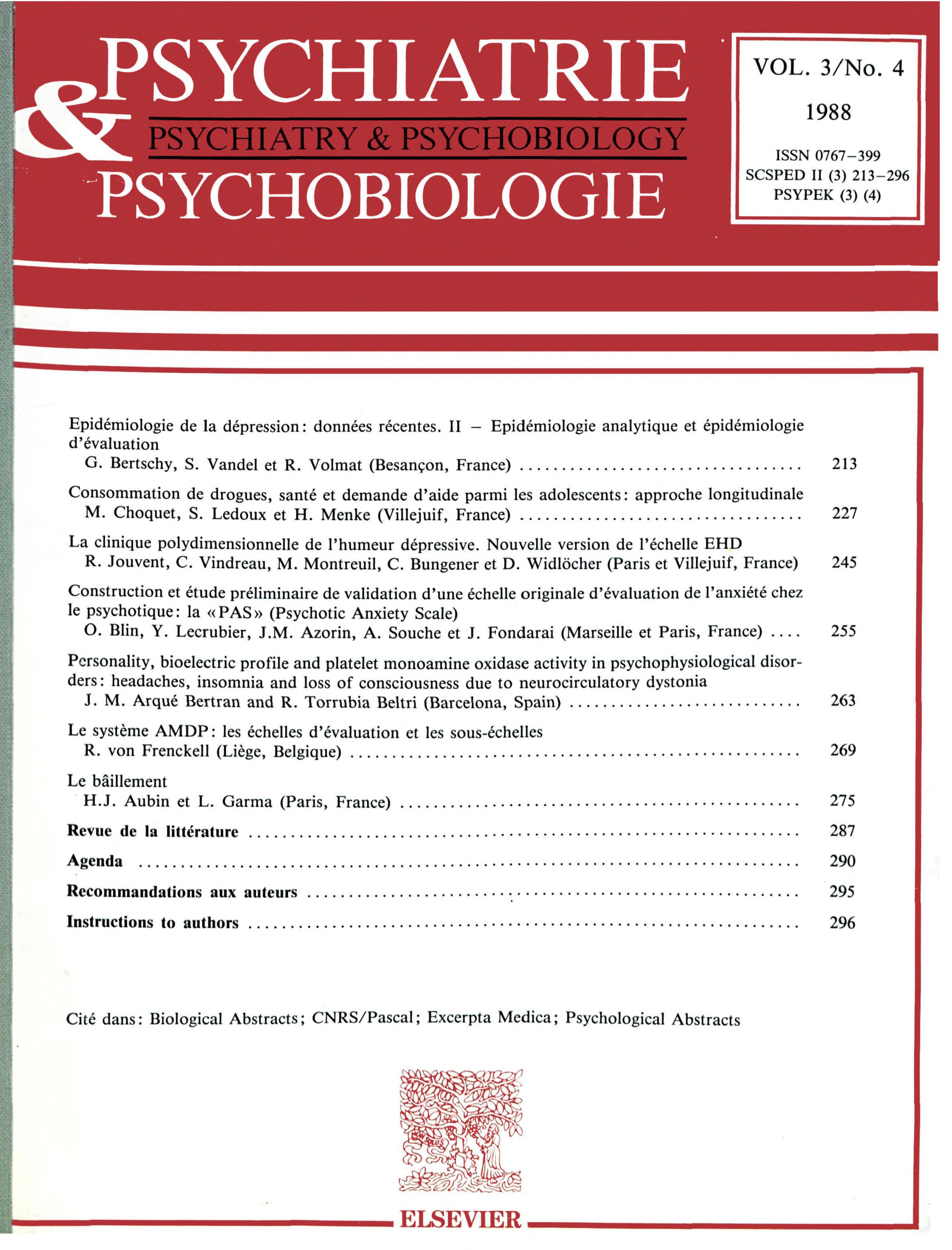No CrossRef data available.
Article contents
Terapia neuroléptica a dosis bajas y efectos secundarios extrapiramidales en esquizofrenia: un análisis del tamaño del efecto
Published online by Cambridge University Press: 12 May 2020
Resumen
Se realizó un metaanálisis de los trabajos publicados para cuantificar la eficacia de la terapia neuroléptica a dosis bajas en la reducción de los efectos secundarios extrapiramidales en pacientes esquizofrénicos. Un régimen de dosis bajas entre 50- 100 mg de equivalentes de clorpromacina, en comparación con un régimen de dosis estándar entre 200-500 mg, redujo los efectos secundarios extrapiramidales en un 0,30 (± 0,12) de desviación típica, lo que sólo es un efecto limitado.
- Type
- Comunicación breve
- Information
- Copyright
- Copyright © European Psychiatric Association 1997
Footnotes
Barbui C, Saraceno B. Low-dose neuroleptic therapy and extrapyramidal side effects in schizophrenia: an effect size analysis. Eur Psychiatry 1996; 11: 412-415


